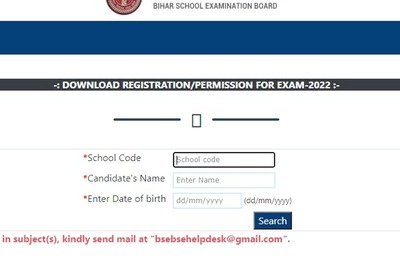
views
Lok Sabha, Thursday, passed the Maternity Benefit (Amendment) Bill, 2016. It will increase maternity benefit to woman covered under the Maternity Benefit Act, 1961, from 12 weeks to 26 weeks, for up to two surviving children. News 18's Aradhna Wal looks into the benefits the Bill holds for women and empowers them.
How does the Maternity Benefits (Amendment) Act, 2016, benefit women?
This allows the mother to take care of a child during their most formative stage. The Act entitles working women in all public and private workplaces to 26 weeks of maternity leave. Additionally it provides maternity benefits of 12 weeks to the commissioning mother -- the biological mother who uses her egg to create an embryo implanted in any other woman, and the adopting mother, if she adopts a child below the age of three months. A woman with two or more children will get 12 weeks of leave
What was the Maternity Bill 1961 and how it lead to the amendment for the benefit of women work force?
The Maternity Benefit Act, 1961, regulates the employment of women for a period of time before and after child birth and provides maternity and certain other benefits. It covers women in factories, mines, the circus industry, plantations and shops or establishments employing 10 or more persons, except the employees who are covered under the Employees’ State Insurance Act, 1948. The 44th Session of Indian Labour Conference (ILC), recommended enhancing maternity leave under this Act from the existing 12 weeks to 24 weeks.
This recommendation was reiterated during 45th and 46th Session of ILC. The Ministry of Women and Child Development and other stakeholders also requested to increase maternity benefits under the 1961 Act.
Based on the recommendations of ILC, requests from the various quarters and the deliberations during the Tripartite Consultations with stakeholders, the centre decided to amend the Maternity Benefit Act, 1961.
What are the salient features of the Bill?
The Bill, as amended, increases the maximum period of maternity benefits from the existing 12 weeks to 26 weeks, in case of women who have less than two surviving children and, in other cases, the existing period of 12 weeks maternity benefit shall continue. This extends the maternity benefits to a 'commissioning mother', and 'adopting mother' who shall be entitled to twelve weeks maternity benefit from the date the child is handed over.
It will facilitate 'work from home' to a mother by inserting an enabling provision. The Bill makes it mandatory for an establishment with fifty or more employees to have creche facilities, either individually or as a shared common facility, within a 500 metre radius. It also allows the mother four daily visits to the creche, including an interval for rest.
Every establishment shall intimate in writing and electronically to every woman at the time of her initial appointment about the benefits available under the Act.




















Comments
0 comment